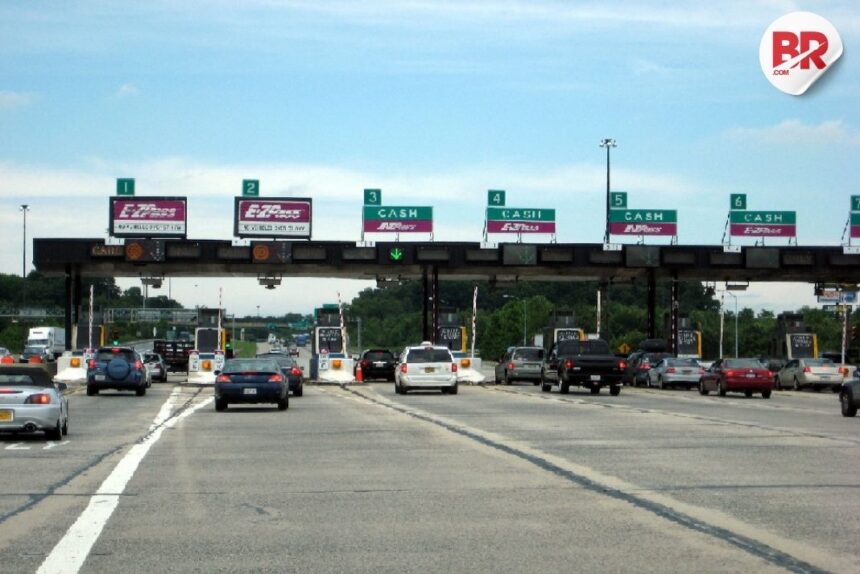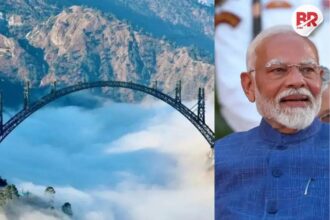
A new report by the Comptroller and Auditor General (CAG) of India has criticized the Maharashtra government for giving Rs 71.07 crore to the Mumbai-Pune Expressway toll operator to make up for losses during the COVID-19 lockdown. The CAG says this payment violated the terms of the agreement between the parties involved.
What Happened?
The Mumbai Pune Expressway Limited (MPEL), a government-owned company, had signed a deal with IRB MP Expressway Private Limited (IRB) to manage toll collection and road maintenance from March 1, 2020, to April 30, 2030. Under this agreement, IRB was supposed to pay MPEL Rs 8262 crore, with Rs 6500 crore due upfront and the rest to be paid over the next three years.

The agreement clearly stated that IRB must get insurance for any “force majeure” events — situations like natural disasters, pandemics, strikes, etc. These events are considered beyond anyone’s control. In such cases, both parties were to bear their own losses, and no compensation was to be paid by either party to the other.
Read more: PM Modi Flags Off New Amrit Bharat Express Trains from Bihar – Check Route, Timings & Fare
What Went Wrong?
When the COVID-19 lockdown started on March 23, 2020, toll collection stopped. IRB asked MPEL to waive the sub-concession fee due to this loss. Initially, MPEL rejected the request, citing the agreement.
However, after repeated requests from IRB, the Board of Directors of MPEL later agreed to compensate IRB for 25 days of toll loss. This compensation was calculated to be Rs 71.07 crore.
The CAG says this payment was not allowed as per the agreement, since COVID-19 was a “non-political force majeure event,” and IRB had no right to demand compensation.
Current Status
Due to the dispute, a mediation report in October 2023 recommended that IRB should return Rs 71.06 crore to MPEL. In December 2023, the Maharashtra government stated that steps to recover the money had started, and the MSRDC was asked to collect the amount from IRB within three months.
This report highlights poor contract enforcement and raises questions about government accountability during the pandemic.












